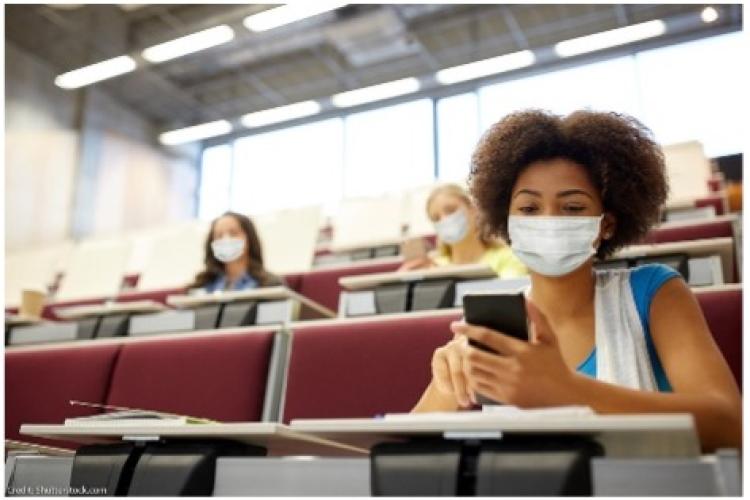
Booker, J. A., Fivush, R., Greenhoot, A. F., McLean, K. C., Wainryb, C., & Pasupathi, M. (2024). Emerging adults' journeys out of the shutdown: Longitudinal narrative patterns in a college career defined by COVID-19. Developmental Psychology, 60(10), 1870-1884. https://doi.org/10.1037/dev0001767
The COVID-19 pandemic disrupted many aspects of daily life, particularly for college students who were already navigating critical periods of personal and social development. College is traditionally a time for exploring one's identity, building relationships, and gaining independence. However, the pandemic introduced numerous challenges, including remote learning, financial instability, isolation, and concerns about personal health. These disruptions had the potential to significantly affect students' mental health, identity development, and academic success.
This study followed 633 first-year college students from four U.S. universities over four years, from Spring 2020 to Spring 2023. This allowed the researchers to understand how the pandemic affected their well-being. Students completed various questionnaires and responded to open-ended prompts. The research team found that while the first year of the pandemic was a challenging time with little positive change, they later noticed improvements in students' mental health and identity development. As college campuses shifted back to in-person activities, most students experienced a reduction in stress and improvement in their mental health, academic self-confidence, and social competence overall.
One of the most important findings was related to students' identity development. For many students, the pandemic disrupted this exploration, as social isolation, and changes to work and school schedules delayed personal growth. However, as students returned to in-person activities, they were able to engage more fully in identity work, integrating a clearer sense of themselves and their future. This process of reflecting on, and making sense of, their experiences or "narrative growth" is an important factor in their development.
This study also showed that the impact of the pandemic was not the same for all students. Those from marginalized groups, and those facing greater COVID related stressors, such as financial instability or unsafe living conditions, had fewer positive developmental outcomes. These students had fewer resources to make positive meaning of their experiences or find growth during the pandemic, highlighting the importance of structural support and access to resources in fostering resilience.
Despite improvements in some areas, the study also revealed ongoing challenges. Many students continued to struggle with anxiety, social relationships, and concerns about the future, even as they reported personal growth. This suggests that while the return to campus was beneficial for many, the effects of the pandemic are still being felt and may persist for some time.
Overall, this study underscores the importance of considering both individual and structural factors when studying the effects of long-term challenges like the COVID-19 pandemic. While some students made strides in their development, others faced significant barriers. Future research should continue to explore these complex dynamics, especially as we move beyond the pandemic, to better support students' mental health, identity development, and overall well-being.